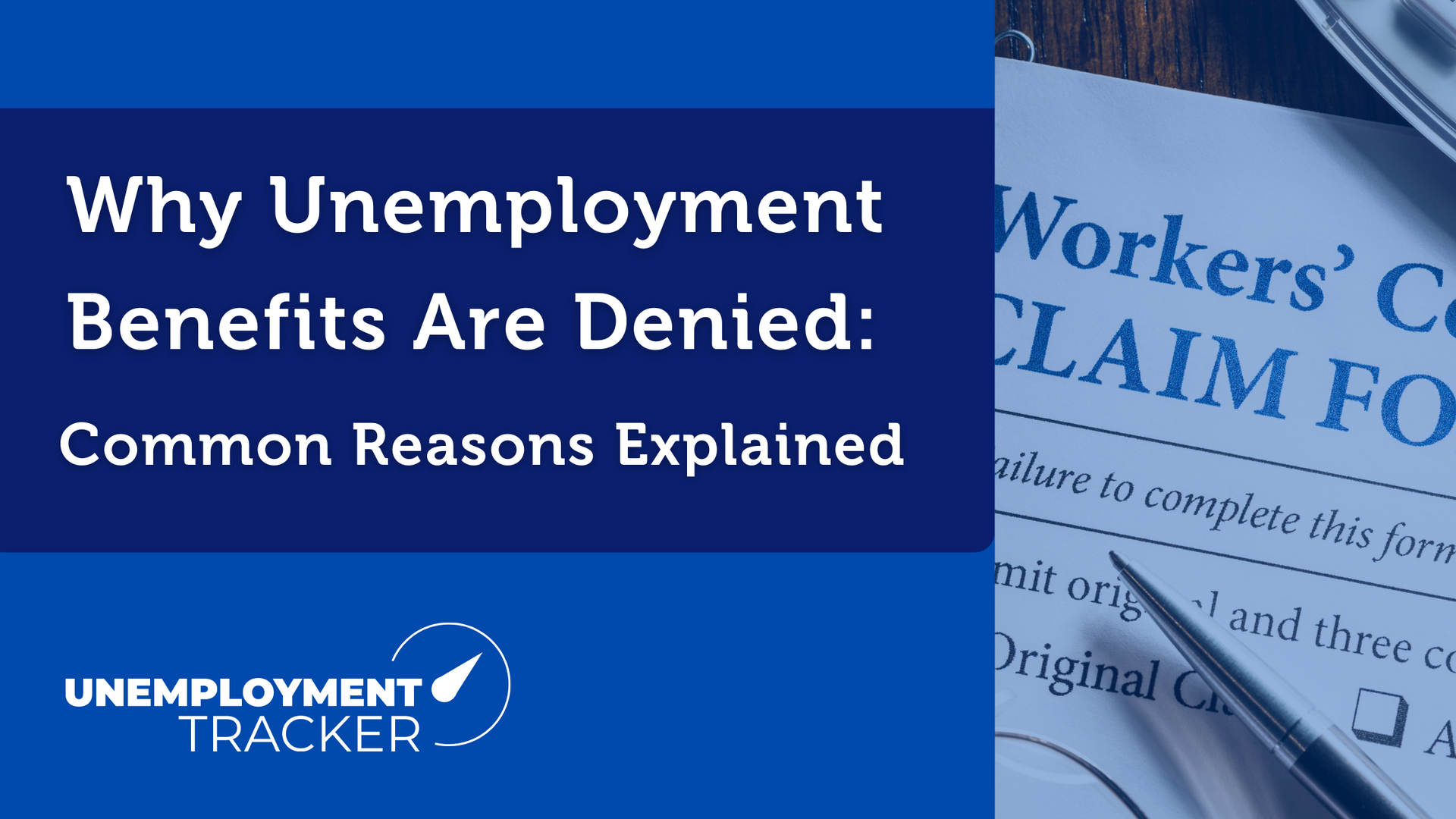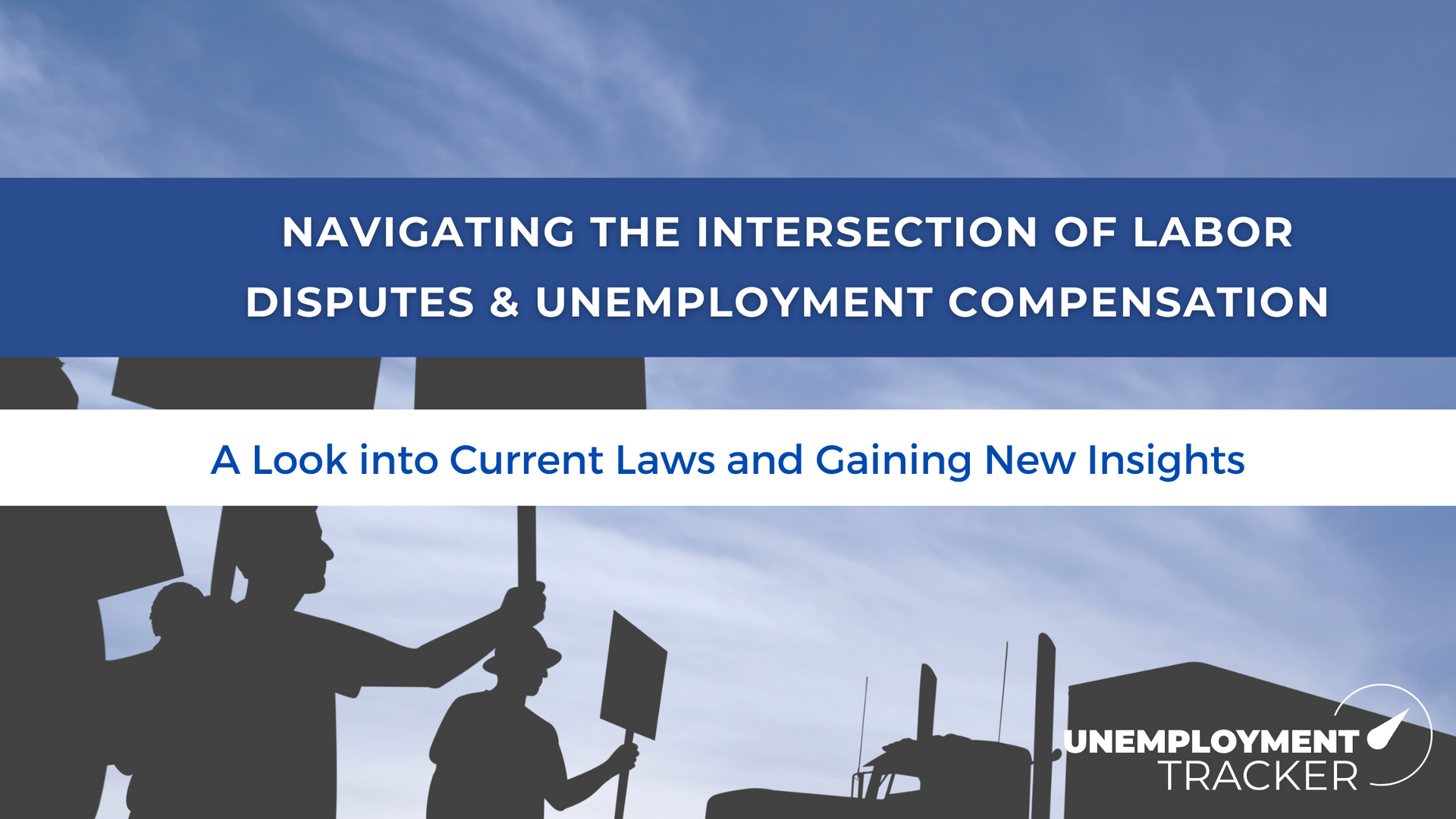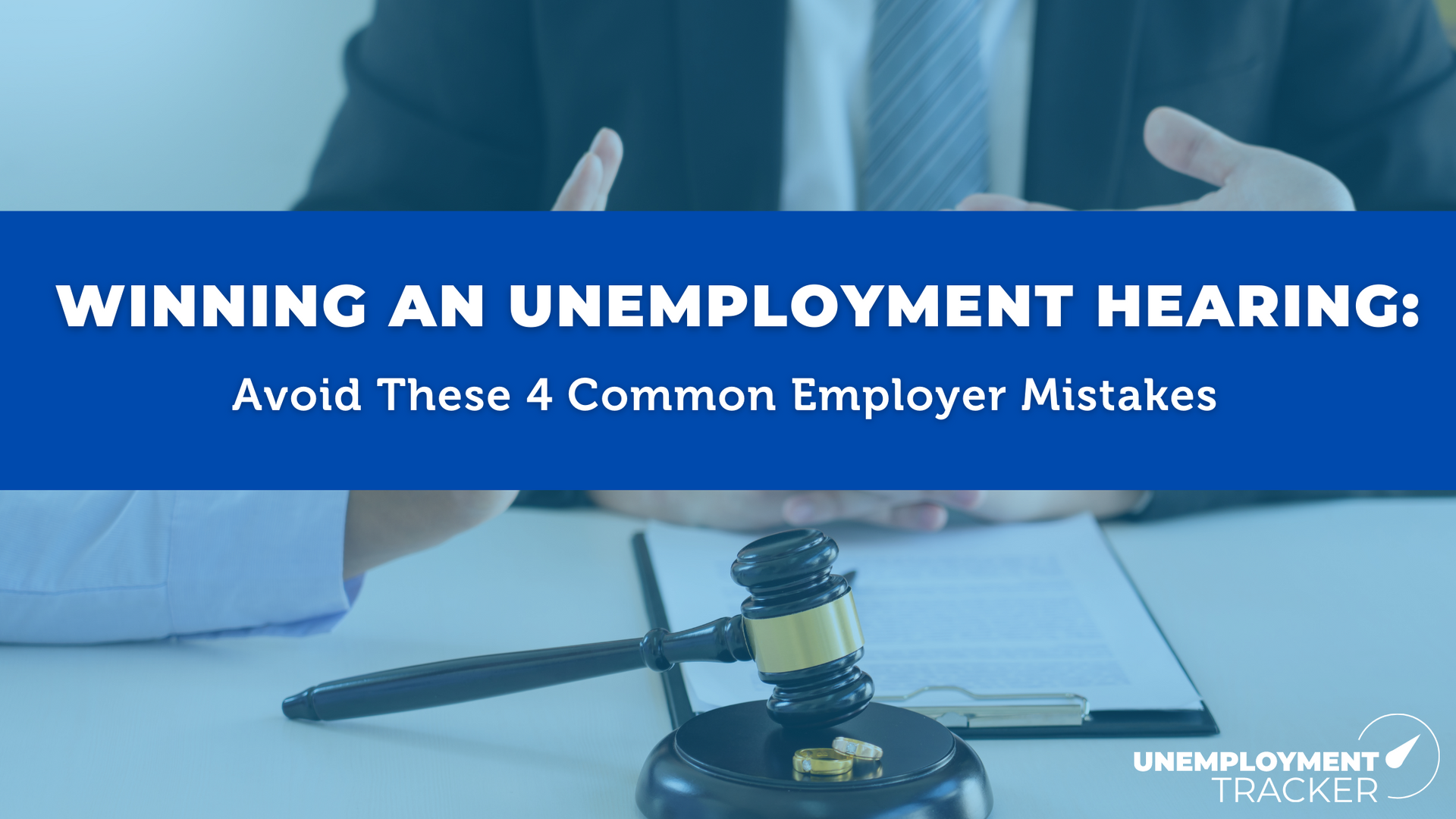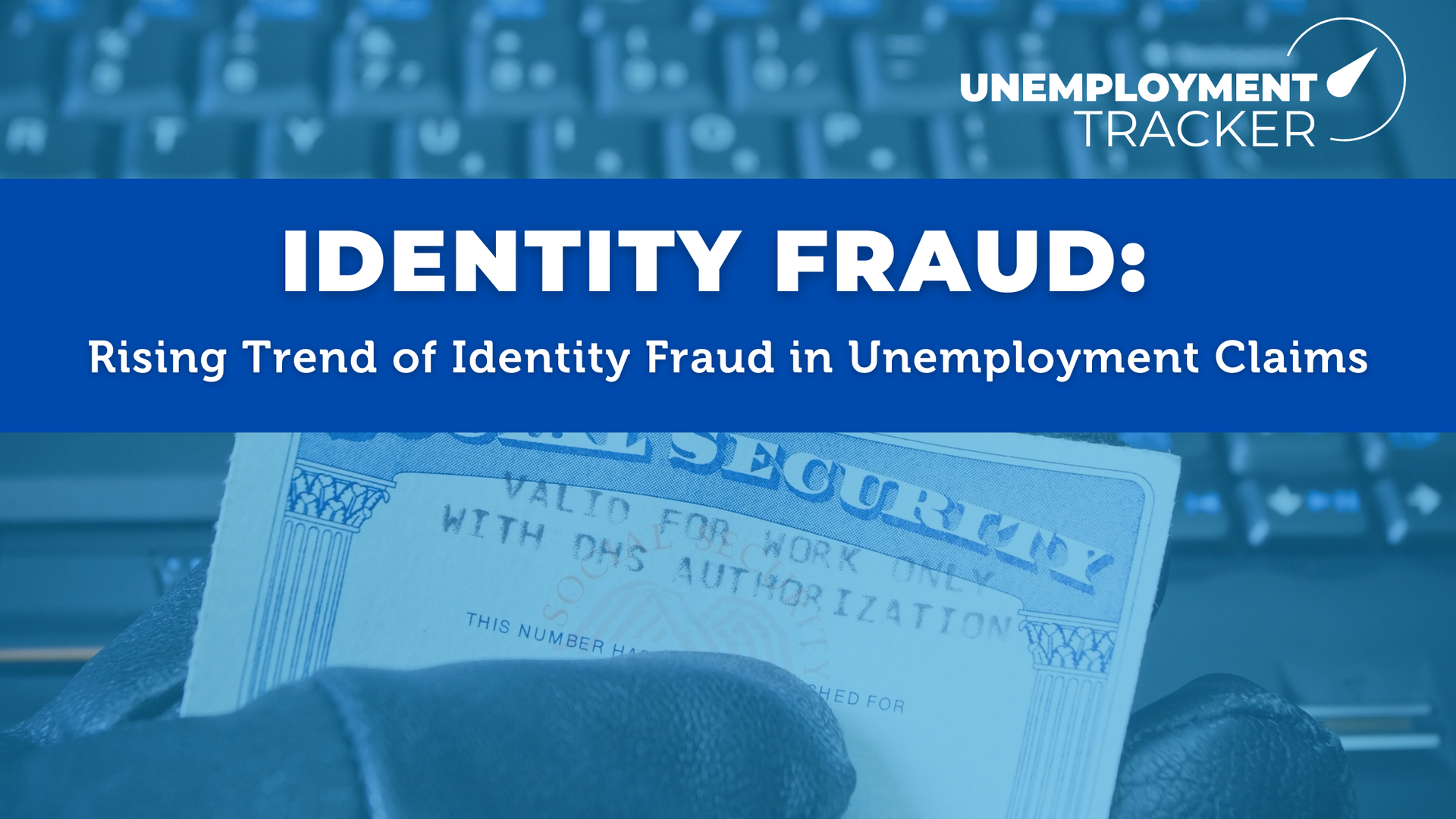Exploring Improper Unemployment Payments: What Chicago’s $5 Billion Improper UI Teaches Us
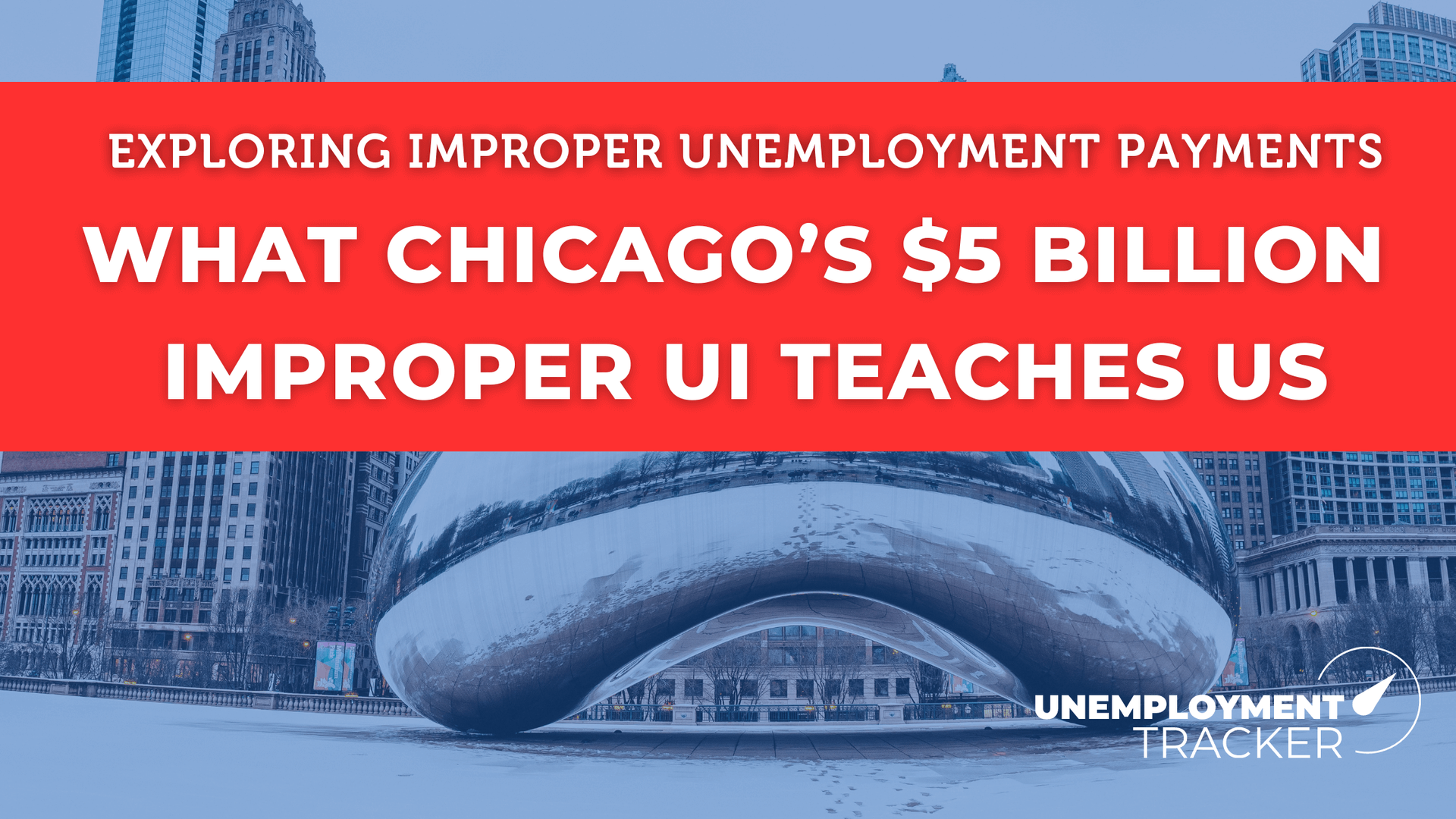
During the pandemic years of 2020-2022, Chicago faced a significant challenge concerning improper unemployment payments. The impact of these inaccuracies, often underestimated but substantial, extends to both beneficiaries and employers, carrying noteworthy consequences. Employers must recognize the consequence of unemployment insurance payment accuracy and the critical nature of effectively managing unemployment claims to safeguard their bottom line.
The Illinois Auditor General's report revealed that over $5 billion in improper unemployment payments were disbursed in Illinois during the pandemic. The report highlighted vulnerabilities in fraud controls, resulting in payments to deceased and incarcerated individuals, including $6 million to the deceased and $40 million to inmates.
Defining Improper Payments:
An improper payment is any payment that shouldn't have been made or was issued in an incorrect amount due to statutory, contractual, administrative, or other legally applicable reasons. This can include both overpayments and underpayments. This encompasses both overpayments and underpayments. Such improper payments can arise from inadvertent errors, misunderstandings, or even fraudulent activities.
Root Causes of Improper Payments Identified by the Department of Labor:
- Benefit Year Earnings: One prevailing cause is individuals continuing to claim unemployment insurance (UI) benefits even after returning to the workforce or inaccurately reporting their earnings.
- Separation: Ineligible payments may occur when claimants voluntarily leave their jobs or are terminated for cause. Addressing these instances requires careful assessment to determine eligibility.
- Work Search: Failure to actively seek employment as mandated can lead to incorrect payments. Claimants must genuinely demonstrate efforts to secure employment during their unemployment period.
- Employment Service Registration: Failing to register for job referrals or reemployment services renders individuals ineligible for benefits.
- Able & Available: UI benefits are not accessible to those who are unable to work or those who are not actively seeking employment.
- Base Period Wages: Errors in calculating claimant benefits based on wages earned before their unemployment period can lead to overpayments.
Implications for Employers:
Employers play a crucial role in preventing and mitigating improper payments. These payments not only disrupt the integrity of unemployment benefits but also impact employers' financial outcomes. State Unemployment Tax Rates (SUTA) are an employer's sole controllable tax. By efficiently managing unemployment claims, including promptly and thoroughly responding to information requests, contesting claims when necessary, and conducting meticulous benefit charge audits, employers can positively influence their SUTA tax rates. This ultimately reduces the impact of tax expenses on the company's financial bottom line.
At Unemployment Tracker, our unwavering commitment is centered around ensuring our clients' success. Serving as your dependable third-party facilitator for Unemployment Cost Control, we allow businesses to eliminate the overwhelming complexity of managing unemployment claims, allowing you to focus entirely on your core business objectives, achieve compliance, and deliver savings.
Click on your
state for the latest updates on your state's UI payment accuracy.
